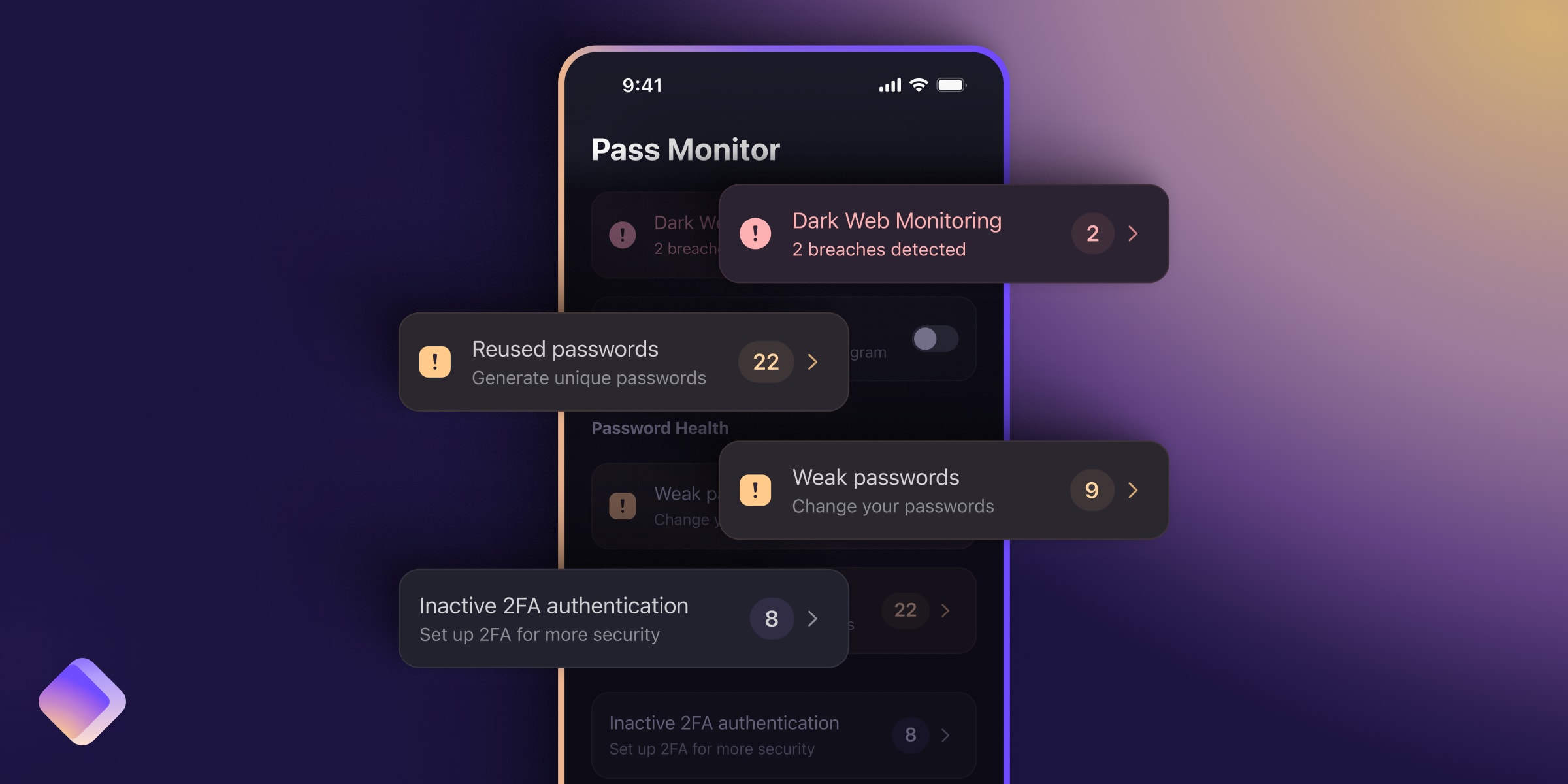Since Proton Mail beta was launched 3 days ago, we have been met with a overwhelming response from around the world. In fact, the response was a little too overwhelming as we have completely maxed out our server capacity. As a result, we are sad to announce that we need to temporarily close the beta signups.
When we launched Proton Mail, we did not anticipate that there would be so much interest in our service. We thought we had enough resources in place to support over 1 month of user signups. Never could we have imagined that we would hit that limit in around 60 hours.
Over the next couple days, we will work on expanding our server capacity, and further improving our security. Since our launch, we have had several offers to help us with a full security audit and as those results come in, we will also be taking steps to further improve the security of Proton Mail.
Because of the overwhelming demand for Proton Mail, we are also looking for additional developers to help us build Proton Mail. If you are a developer or security expert who would like to work with us on Proton Mail, we invite you to email us at contact@proton.me
To our current beta users, we thank you very much for taking the time to try out Proton Mail and giving us your suggestions. We also appreciate your bug reports so you should also keep those coming! As we are still in beta, bugs will inevitably come up, but we promise to continue improving Proton Mail and that is not possible without your help and support.
And to the millions of people out there who want a higher level of privacy in their communications, you can sign up to Proton Mail.
As we expand capacity, we will begin inviting people off the waiting list, we thank you for your patience!














